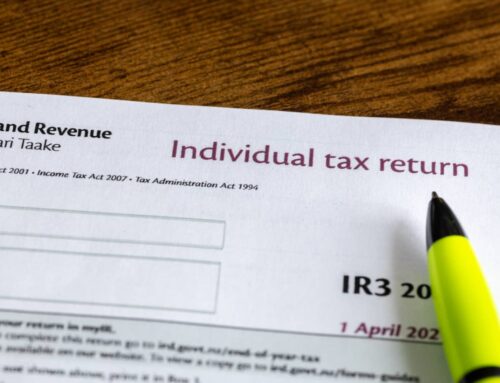Public liability insurance can help protect your business. Businesses that are charged with liability claims can be crippled by the financial repercussions from legal fees and compensation penalties.
Accidents can happen – even at the most careful and conscientious businesses. A customer could slip on a wet floor and bump their head on your premises or receive a defective product resulting in damage or injury.
Your business could be held liable for either and would be required to compensate the injured party. Settlements (in or out of court) are often large sums as they need to cover medical expenses and even lost wages during their recovery period. The expenses add up and could set you back significantly. In the worst-case scenario, it could result in having to shut shop completely. Having public liability insurance means that you don’t have to worry about the unexpected ‘what ifs’.
What does public liability insurance do?
Public liability insurance is the safety net you hope you never need but you’ll be glad to have if something goes wrong.
In a nutshell, public liability insurance has your business covered for:
- Accidental damage to property
- Damage caused by a defective product
- Improper installation of equipment that has led to damage
- Injury illness or death due to negligence (conditions not covered by the Accident Compensation Commission)
This insurance will attend to legal costs, settlements, or any compensation to any injured party. In this way, it protects your company from the financial repercussions of a liability claim. So, it allows your business to keep going without letting one mistake get in the way of its growth.
Who needs public liability insurance?
Even just defending yourself against a claim is expensive, so public liability insurance is not just for businesses that are deemed high risk. It is recommended for any business that interacts with the public regularly. This includes consultants and tradespeople who many visit a client’s premises. It’s also necessary for businesses who have customers visiting their offices, stores, or showrooms.
Do you also need product liability insurance?
Public liability insurance policies should cover product liability as well. This type of insurance is necessary for businesses who make, sell, and deliver products. It also includes those who provide repairs and servicing of equipment or products. Product liability insurance has you covered if these products (new or repaired) cause any damage or injury to person or business. If your public liability insurance doesn’t include this, find a policy that does.
Business to business companies or those who work with other businesses would be wise to ensure that the companies they’re working with have public liability insurance coverage as well. This way, neither of you is out of pocket in the event of an accident or problem. The additional advantage of having insurance coverage in these situations is that there is no ill-feeling between the two parties, and you can salvage the relationship.
How much coverage do I need?
The extent of your coverage varies depending on your business and the nature of the work that you take on. In essence, your insurance should cover:
- Medical expenses and compensation for injuries to customers, clients, or visitors
- Repair or replacement for a third party’s property. This could be as small as a customer’s phone or bag being damaged in your store or part of a home being damaged due to faulty equipment The policy should be able to cover the cost of replacing the items damaged.
- Legal expenses, including hiring a lawyer to represent your business
A few points to consider when you’re shopping around for insurance:
- For several large-scale operations, insurance obligations will be stated in the contract that you sign. It is important to remember that this number will be the minimum coverage you need to fulfil contractual requirements. Depending on the project and the various operational considerations, you may need a higher coverage to stay protected.
- Through the tenure of your policy, the sum insured may stay fixed. However, in some serious cases, the verdicts are handed out years later by which time the compensation is higher than your fixed insured sum. So, when deciding your insurance coverage, confirm that the sum insured is sufficient to cover future settlements. You should be able to increase the sum insured according to the needs of your business simply by paying an extra premium. The higher the risk, the higher your premium will be.
What are some of the key exclusions of this insurance?
This type of insurance generally pays the injured third party directly. So, some of the major exclusions under this form of insurance is personal injury or damage to your own business’ property:
- It’s important to note that public liability insurance doesn’t cover injuries sustained by employees on your premises. Those claims are listed under workers’ compensation insurance.
- You will not be able to claim compensation for fines or penalties that may be imposed on your business.
- Public liability insurance is not to be confused with professional liability insurance. The former does not cover injuries or damages caused by professional errors.
- It goes without saying that any intentional damage or harm caused does not have any provision in this type of insurance.
It all boils down to the fact that, as a business, your focus should be fixed on growth. Public liability claims can throw a wrench in the works. Without the safety of insurance, it can be extremely difficult to pry it out without causing financial damages that can really set you back. Accidents can happen at any time, even to the best of us. Since your goal is to protect your business, the most practical way to do so, is to sign up for insurance that can absorb the financial implications of a public liability claim. This allows your business to continue without financial setbacks, and can save you from huge amounts of stress.




